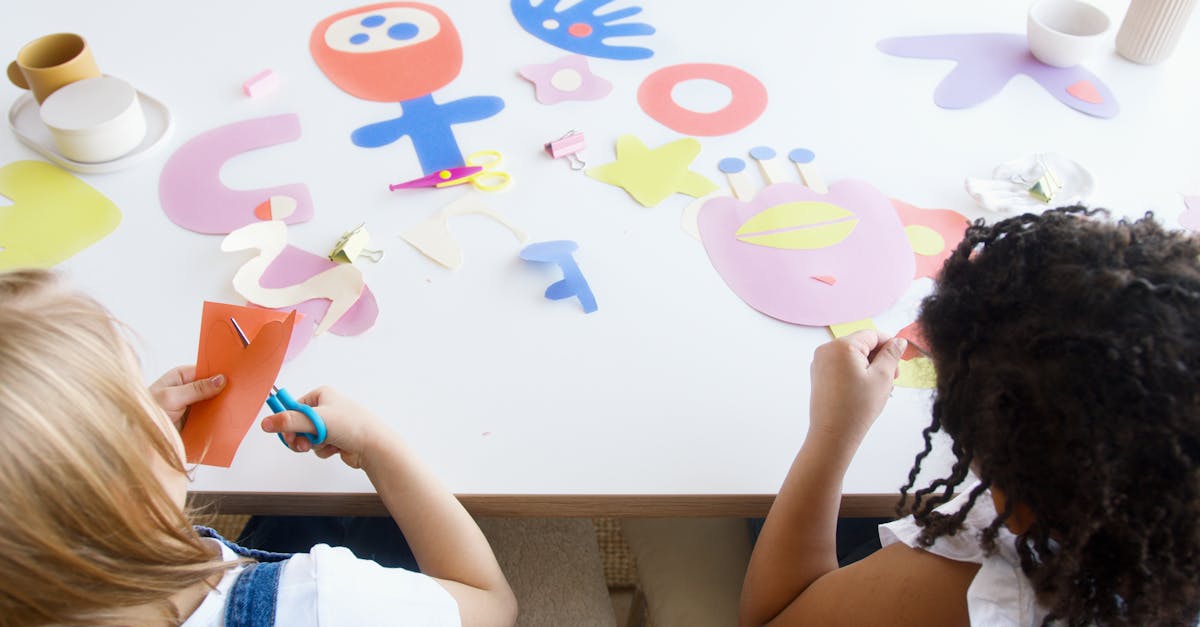Setting the Foundations Early
Navigating the path of parenting can often feel like trying to sail a boat in turbulent waters. One of the key components to ensuring a smooth sail is instilling an understanding of consequences through discipline from a Christian perspective. This approach isn’t just about correction, but about guiding kids to understand that their actions have power, and with power comes responsibility.

Balancing Love with Discipline
Finding that sweet spot between sternness and support can seem like looking for a needle in a haystack. It’s important to remember that discipline grounded in love is not about retribution but about teaching. A Christian perspective adds another layer, emphasizing forgiveness and grace along with accountability. This balance aids children in understanding the difference between right and wrong in a supportive context.

Real Stories, Real Lessons
Remember the time when little Tommy decided it would be a great idea to use the living room wall as his canvas? Instead of unleashing World War III, a teaching moment about respect for property and creative expression ensued. It’s real-life situations like these that can turn into valuable teaching moments, demonstrating the natural consequences of our actions.

The Prodigal Son: A Lesson on Consequences
The parable of the Prodigal Son serves as a powerful teaching tool about the consequences of our decisions and the boundless grace of forgiveness. This story can help children understand that while actions have repercussions, redemption is always within reach. Integrating such stories into lessons on discipline helps ground moral values in everyday life.

Discipline in the Digital Age
In today’s world, where screens often parent as much as people do, imparting discipline and understanding consequences through a Christian lens requires creativity.
Setting boundaries around digital consumption, and discussing the reasons and values behind these limits, can teach children the importance of moderation and the real-life impacts of their online behavior.

Photo credit: Pexels
Cultivating an Environment for Open Dialogue
Creating an environment where children feel comfortable discussing their mistakes without fear of harsh judgement is crucial. This atmosphere encourages openness, facilitating discussions about actions and consequences in a constructive manner. Through open dialogue, children learn the importance of honesty and the strength found in seeking forgiveness and making amends.

Encouraging Reflection and Responsibility
Encouraging kids to reflect on their actions and take responsibility is the cornerstone of teaching consequences through discipline. This process helps them develop the ability to self-regulate and make better choices in the future. By guiding them in this way, we’re not just disciplining children; we’re raising responsible, compassionate adults.

Related Posts:
- Prayer’s Power: Christian View on Discipline
- Using Discipline for Grace & Forgiveness: Christian View
- Empathy and Compassion through Christian Discipline
- Christian Approach to Disciplining Children in a Secular World
- Discipline in Discipleship: Christian View
